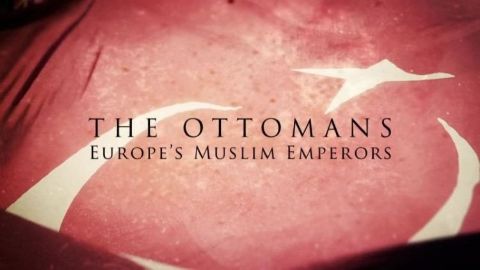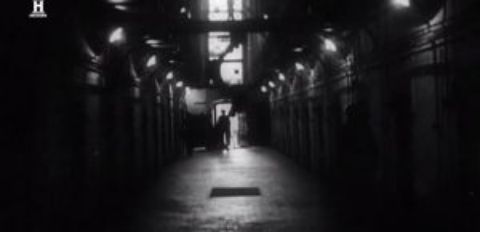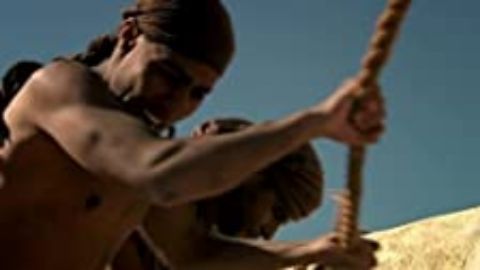Epic Warrior Women: Vikings • 2019
Even during the brutality of the Dark Ages, the Vikings of Northern Europe were considered particularly fearsome, ruthless, and dangerous. For centuries, historians believed all Viking warriors were men, but new archaeological discoveries on a small island in central Sweden have revealed evidence that some of the fighters were women. See how modern forensic testing helped identify the sex of one female war chief.
Make a donation
Buy a brother a hot coffee? Or a cold beer?
Hope you're finding these documentaries fascinating and eye-opening. It's just me, working hard behind the scenes to bring you this enriching content.
Running and maintaining a website like this takes time and resources. That's why I'm reaching out to you. If you appreciate what I do and would like to support my efforts, would you consider "buying me a coffee"?
Donation addresses
BTC: bc1q8ldskxh4x9qnddhcrgcun8rtvddeldm2a07r2v
ETH: 0x5CCAAA1afc5c5D814129d99277dDb5A979672116
With your donation through , you can show your appreciation and help me keep this project going. Every contribution, no matter how small, makes a significant impact. It goes directly towards covering server costs.





